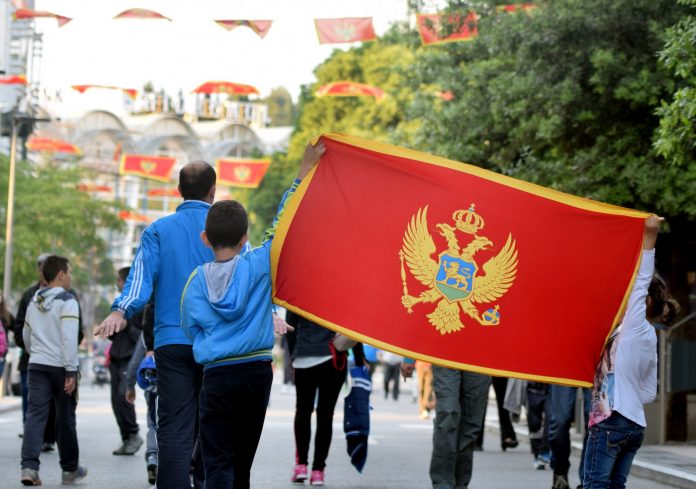Montenegro Votes Against Kosovo in the Council of Europe, Aligning with Greece’s Non-Recognition Position

EPA / Boris Pejovic
The absence of a vote from the head of the Montenegrin delegation in the PSSA indicates that a portion of Montenegro’s political landscape still views Kosovo as part of Serbia, despite Podgorica’s official stance. Additionally, Greece’s non-recognition of Kosovo has unexpectedly impacted Serbia, according to political analyst Vladimir Pavićević.
Alongside Serbia and Bosnia and Herzegovina, Montenegro is the fourth delegation that did not support Kosovo’s efforts for recognition in the Political Committee of the Parliamentary Assembly of the Council of Europe.
Expected Actions from Podgorica
The decision made by the Montenegrin delegation was viewed predictably in Serbia, even though it generated mild surprise considering Podgorica’s position on Kosovo.
Political scientist Vladimir Pavićević explains that the behavior of the Montenegrin representative in the PSSA, Maja Vukićević, was not particularly surprising.
“In a previous government under Dritan Abazović, we witnessed the Deputy Prime Minister, Vladimir Joković, declare Kosovo and Metohija as integral parts of the Republic of Serbia. The recent voting behavior of Montenegro’s MPs in the PSSA reflects the mindset of individuals who believe that Kosovo is part of Serbia without question,” says Pavićević.
In essence, he sees no reason for surprise regarding the Montenegrin representative’s actions.
“What I observe is that Montenegro, amidst various interests, is free to express its views when given the chance in international organizations and institutions,” Pavićević states.
Dialogue with Greece is Necessary
Conversely, Greece’s stance on not recognizing Kosovo as a state and the actions of its MPs represent another dimension of discussion.
– Concerning Greece’s actions, particularly when Aleksis Tsipras and Dora Bakoyannis were involved in submitting a report that granted Kosovo further support, I believe it is essential to foster diplomatic communication between Serbia and Greece to clarify the matter. What is clear is that Greece’s position has taken many in Serbia by surprise,” concludes Pavićević.
For reference, during the PSSE’s political committee meeting in Paris, a recommendation for Pristina’s membership in the Council of Europe was voted on, with 31 members in favor, four against, and one abstention.


